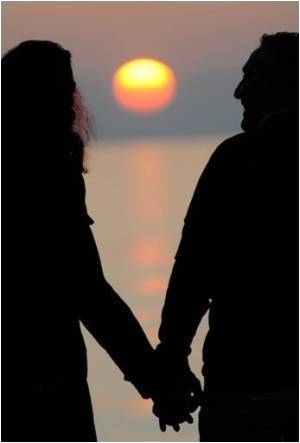Most adult entertainment club workers – exotic dancers and other female club employees such as bartenders, waitresses and hostesses – don't have great medical benefits.

To measure the incidence of substance abuse and risky sexual behavior as they related to healthcare, Esther Choo, M.D., emergency medicine physician at Rhode Island Hospital surveyed 69 female adult entertainment club workers in Rhode Island. The results were recently published in the journal Women & Health.
"We went into the study expecting the incidence of substance abuse and other risky health behaviors to be relatively high," Choo said. "But we didn't expect that many of the women surveyed had never been tested for HIV and in fact were not well educated on the risk factors."
Choo continued, "Many adult entertainment club workers don't have access to basic healthcare, meaning they do not have routine physicals, and they don't have access to physicians for sick visits, tests or preventative measures that could help to mitigate their health risks."
There are an estimated 500,000 women working in the more than 3,800 adult entertainment clubs in the U.S. The jobs are characterized by frequent unwanted sexual contact, social stigmatization and isolation, and lack of legal empowerment against harassment. This population has a high prevalence of HIV/AIDS and other sexually transmitted diseases, yet has a statistically low rate of testing for these diseases.
The survey of female adult entertainment club workers was compared to a sample of non-club workers in the same state who closely resembled the test group in age. The survey was designed to protect the privacy of all who took part. Rather than focus strictly on negative behavior, the survey also asked questions about general health, work patterns, workplace environment and safety. Until 2009, Rhode Island did not have a specific statute outlawing indoor prostitution. However in 2009, the buying and selling of sexual services was criminalized.
Advertisement
Source-Eurekalert










